If you didn’t see this movie in the theater, you might be tempted to watch it now that it’s streaming on Prime and possibly other services. Read this first.
For fans of military history, Napoleon represents an historical force. His accomplishments should be studied with respect, if not reverence.
It is safe to assume that director Ridley Scott is not a fan of military history.
Like nearly everyone calling the shots in Homowood, government, and every other institution, Scott is a geriatric leftist. There are exceptions, but his demographic is notorious for bad relationships with their fathers. Why Scott chose to treat the subject matter as he did might have been guaranteed by his life-long contempt for strong patriarchal authority figures–especially those widely considered to be great.
This is not a film about Napoleon the strategist, Napoleon the Emperor, or even Napoleon the ambitious overachiever. It is a pedestrian screed against “toxic masculinity” which elevates the female (especially Josephine) to the Eternal Pedestal. Even Marie Antionette is granted a more sympathetic portrayal than the eponymous character.
Since this movie is about a man obsessed with a woman, it’s relevant to warn you that he is portrayed as emotionally unstable, egomaniacal (not just egotistical, which the real Bonaparte probably was), and sexually inept.
In reality, Bonaparte’s fixation on the sexually adventurous widow pointed to his own capacity for blunder in his personal life–if not a sign of ignorance, arrested development, some sort of fetish, or a character flaw. In the movie, it is inflated to carry the all-too-typical gynocentric trope that a man’s value as a human being depends upon the approval/acceptance of a woman. The message comes across that (with the exception of Toulon) Bonaparte’s military successes were directly linked to his social credit score with Josephine. As their relationship soured, his great victories turned into colossal defeats. And when she died, that brought about his ignominious end.
Part of what was necessary to pull off this message (in a biopic about an historical figure defined by his military exploits, no less) was to simply ignore Bonaparte’s multiple campaigns and shove 95% of his military career off-screen. Only three battles are depicted–and only in part: Toulon, Austerlitz, and Borodino. The last was reduced to an half-assed montage of cavalry galloping through snow, in a half-assed Russian Campaign sequence that amounts to an ambiguous afterthought.
Also painfully lacking is sufficient insight into why the battles (much less the respective wars) were fought.
C’mon, guys: the director has better things to do than spend that multimillion dollar budget showing you yucky military stuff in a biopic ostensibly about a military man. The director’s primary role is an apologist for female behavior–in this case, a haughty royal blinded by her own privilege, and an unfaithful slut who married up about as high as she could go, but still drunk with entitlement to the point she delighted in making her husband miserable.
Creative license was used to the opposite effect for the men, of course. There is not one single male character in the film that is likeable.
This is a cinematic hit piece, at most–a depressing one that leaves you wondering what the point was (other than “patriarchy bad”–gee, what a groundbreaking message).
Although there is an actor who wears funny hats who you see throughout the film, he he bears little resemblance to the Napoleon Bonaparte of history. I suspect he’s really a stand-in for a filmmaker’s father.

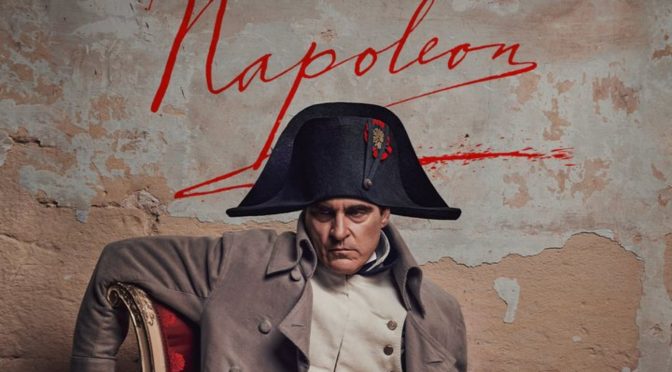
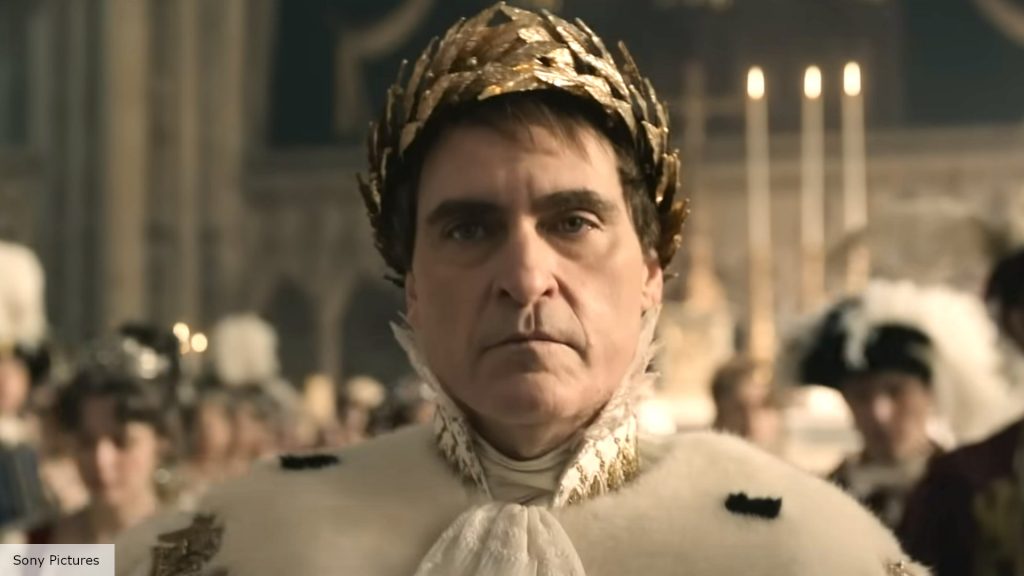
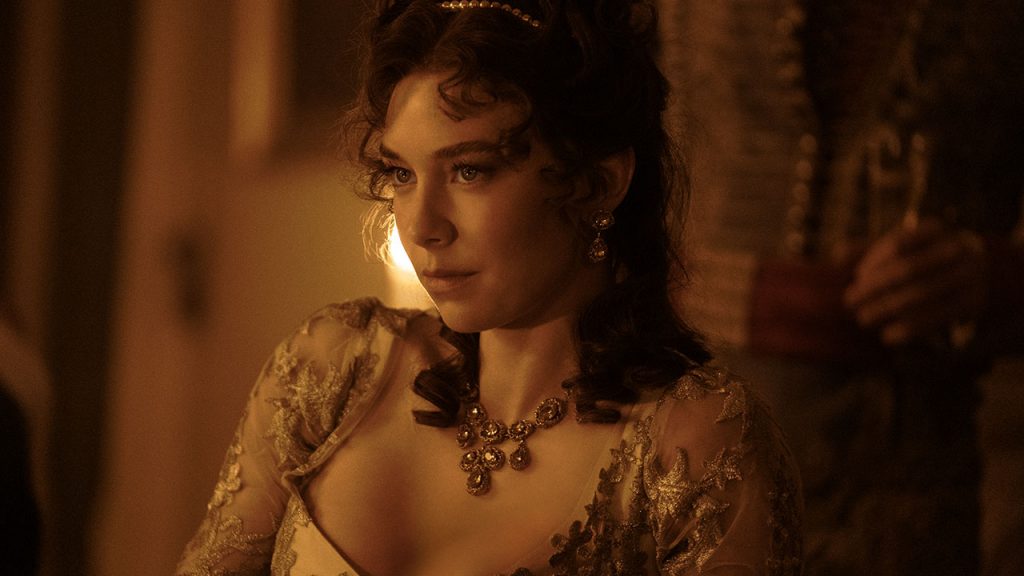
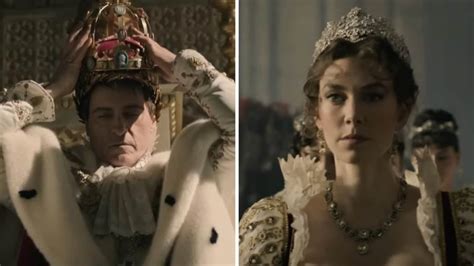
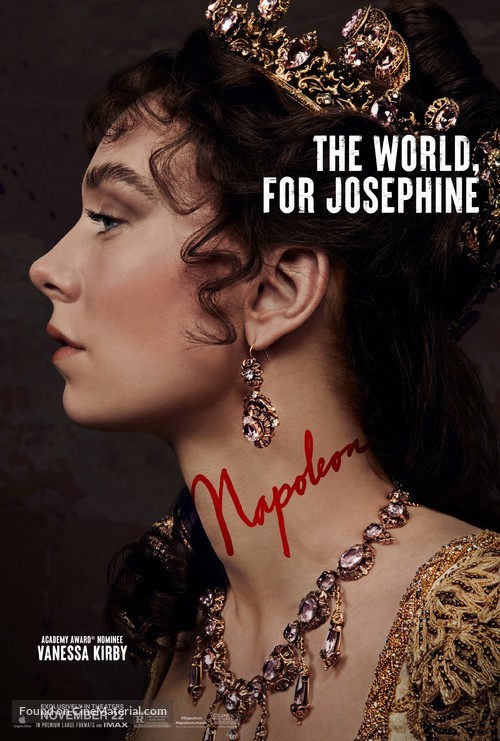
If it weren’t for Josephine, there would have been no Napoleon. That’s the movie in a nutshell LOL
Spot-on. And it’s almost right there in the preview/trailer. I don’t understand why Scott even wanted to make this movie. There would have been plenty better vehicles to carry that message.